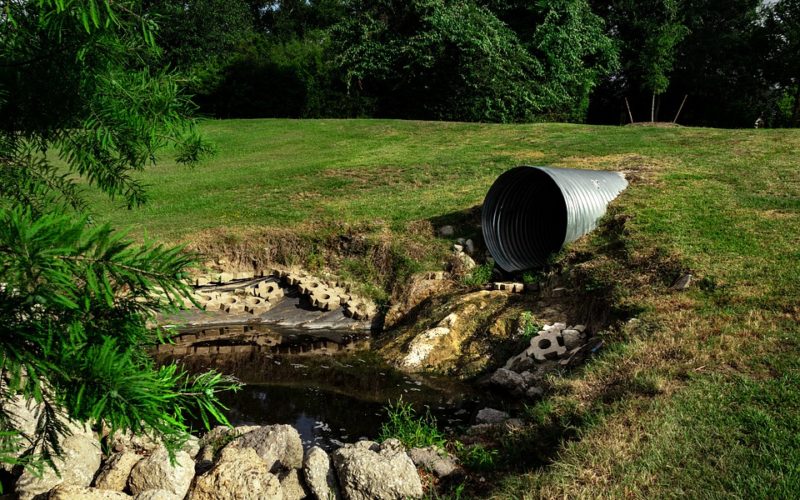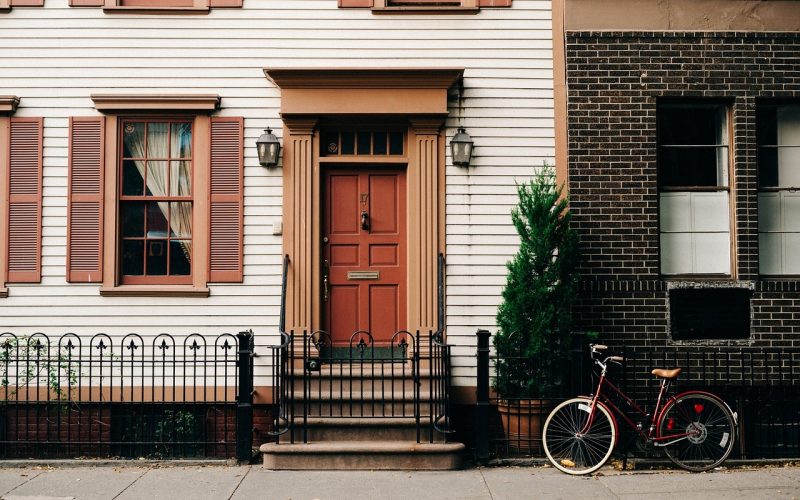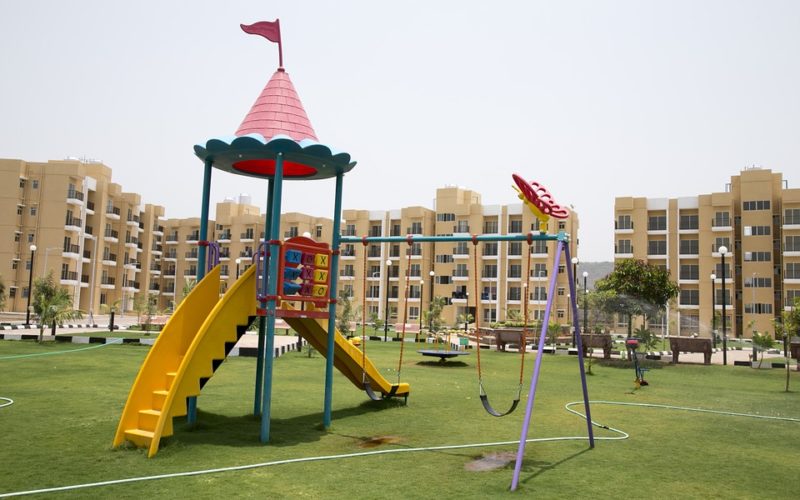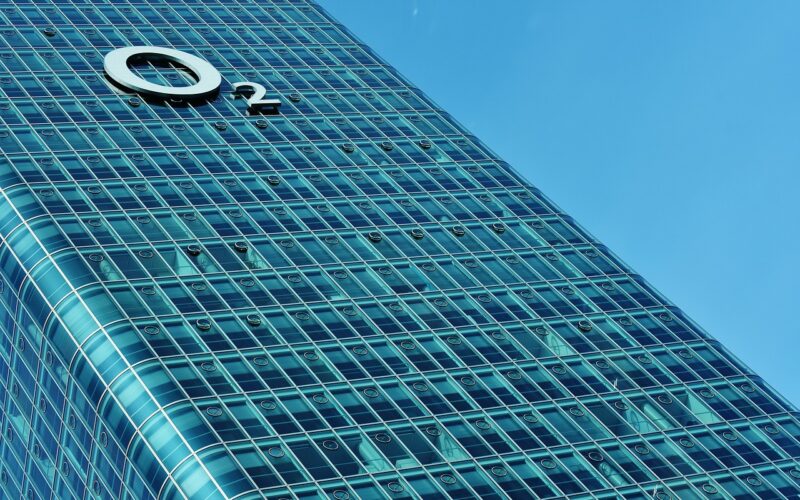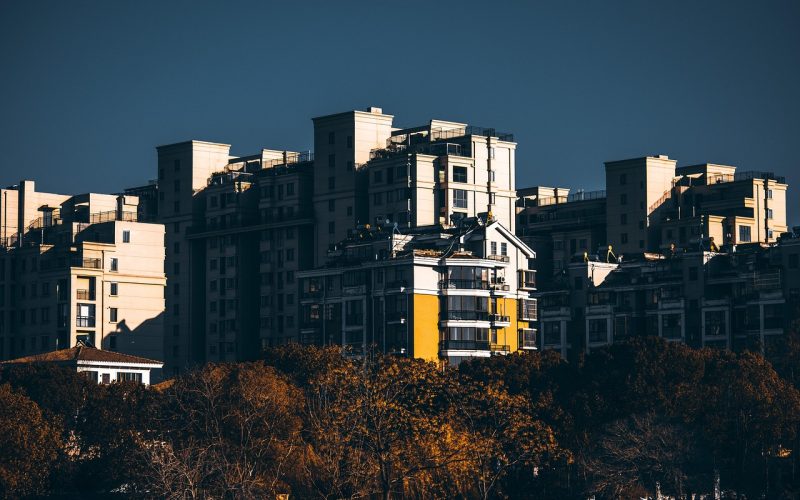Beyond Collecting Rent
The role of a landlord goes far beyond simply collecting rent. It involves a commitment to maintaining a safe and hospitable living environment while upholding legal responsibilities. For those considering becoming a landlord or who are new to the role, it's essential to understand the full scope of duties you'll be expected to manage.
Ensuring property safety and habitability
A primary duty of any landlord is to ensure that the property they're renting out is safe and habitable. This means complying with local housing codes, performing necessary repairs, and providing a space that tenants can confidently call home. It requires landlords to be proactive in addressing potential health and safety issues, such as electrical hazards, structural problems, or exposure to harmful materials like lead paint and mould. Regular inspection and timely maintenance are non-negotiable aspects of a landlord's role.
Maintenance and repairs
Beyond basic safety features, landlords are responsible for the general upkeep of the property. This includes tasks such as plumbing and boiler installation Manchester and repair. A reliable plumber Manchester should be on the roster for any emergency repair needs or regular maintenance. The landlord must ensure that essential facilities like heating, water, and sewage are always operational and address boiler repair promptly when issues arise. This not only ensures tenant satisfaction but also protects the value and longevity of the property itself.
Addressing emergencies
Emergencies can strike at any time, and it is the landlord's responsibility to respond swiftly when they do. Whether it's an urgent need for an emergency plumber Manchester due to a burst pipe or immediate boiler repair Manchester during a cold snap, landlords must have processes in place to address and resolve such crises. It is crucial to provide tenants with emergency contact information and to develop a network of trusted service professionals who can render aid when the situation calls for it.
Legal compliance
Being a landlord also means navigating a complex landscape of laws and regulations. Landlords must ensure they are compliant with tenant rights, fair housing laws, and rental regulations that vary from place to place. Leases should be legally sound and clear, including stipulations for rent, leasing terms, the handling of security deposits, and eviction policies. Staying informed and up-to-date with legislation is vital to avoid potential legal disputes or penalties.
Tenant communications and relations
Effective communication is the backbone of any good landlord-tenant relationship. Landlords must be accessible, responsive, and professional in all their interactions. This includes being clear about expectations and obligations from the outset, being receptive to tenant concerns or requests, and providing advance notice for entry into the property. Fostering a positive relationship with tenants can lead to long-term occupancy and fewer issues down the line.
Financial management
Finally, being a landlord involves thorough financial management. From collecting rent and managing security deposits to budgeting for maintenance, repairs, and emergencies, landlords need to have sound financial planning. Understanding the cash flow of rental income, allocating funds for future expenses, and keeping meticulous records for tax purposes are all part of the financial stewardship expected of a landlord.
The responsibilities of a landlord are extensive and encompass safety, maintenance, crisis management, legal compliance, tenant relations, and financial savvy. For those who take this role seriously, the rewards can be substantial, not only in terms of investment returns but also in the satisfaction of providing a valued and well-maintained home for others. Whether you're dealing with a routine check-up or an emergency boiler repair, a landlord's role is multifaceted and demands a commitment to excellence and diligence.

